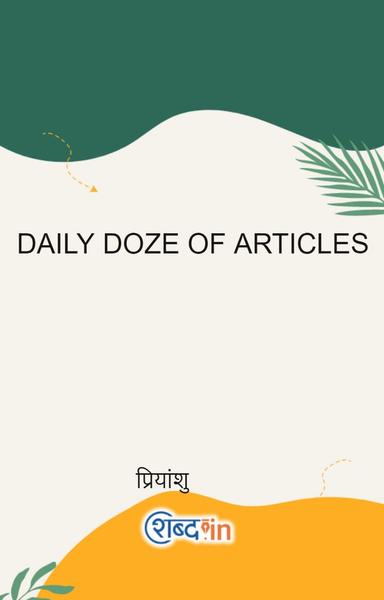While Model United Nations (MUN) conferences provide an excellent platform for learning and engagement, they are not without their share of controversies and challenges. As participants immerse themselves in the world of diplomacy, ethical dilemmas may arise, and inclusivity can become a pressing concern. This article explores the controversies and challenges faced within MUN and highlights the importance of addressing them to ensure a more inclusive and ethical environment.
- Ethical Dilemmas in MUN: Balancing Realism and Idealism
MUN conferences often simulate real-world diplomatic scenarios, raising ethical dilemmas for participants. Delegates may grapple with representing countries or viewpoints that contradict their personal beliefs. This section examines the ethical challenges of balancing realism and idealism, addressing issues such as advocating for human rights in authoritarian regimes or navigating sensitive topics like colonial legacies. It emphasizes the importance of ethical decision-making and critical reflection within MUN.
- Lack of Inclusivity: Addressing Representation and Power Dynamics
Inclusivity is a crucial aspect of any global engagement platform, including MUN. However, issues related to representation and power dynamics can arise. This section explores challenges such as limited representation of marginalized communities, gender imbalances, and unequal participation opportunities. It highlights the need for MUN conferences to actively promote inclusivity through diverse representation, inclusive language, and equitable access to resources and leadership positions.
- Cultural Sensitivity and Appropriation: Respecting Boundaries
MUN conferences bring together participants from various cultural backgrounds. However, cultural sensitivity and appropriation can become contentious issues. This section examines the challenges of respecting cultural boundaries, avoiding stereotypes, and understanding the nuances of different cultures. It emphasizes the importance of cultural awareness, respectful dialogue, and actively combating cultural appropriation within the MUN community.
- Constructive Debate vs. Hostile Atmosphere: Fostering Productive Discussions
While lively debates are a hallmark of MUN conferences, there is a fine line between constructive discourse and a hostile atmosphere. This section addresses challenges related to respectful communication, active listening, and avoiding personal attacks. It encourages participants to prioritize constructive debate, creating an environment that fosters diverse perspectives and encourages collaboration rather than confrontation.
- Promoting Ethical Leadership and Accountability: Enforcing Codes of Conduct
To address controversies and challenges in MUN, it is crucial to promote ethical leadership and accountability. This section emphasizes the need for clear codes of conduct, including guidelines on respectful behavior, diversity and inclusion, and ethical decision-making. It highlights the importance of MUN organizers, chairs, and delegates taking responsibility for upholding these standards and fostering a safe and inclusive environment.
Conclusion:
Model United Nations (MUN) conferences, like any global engagement platform, face their share of controversies and challenges. By addressing ethical dilemmas, promoting inclusivity, fostering cultural sensitivity, encouraging constructive debate, and enforcing codes of conduct, MUN can evolve into a more ethical and inclusive space. Through open dialogue, critical reflection, and a commitment to continuous improvement, MUN can tackle these challenges head-on, creating an environment that encourages respectful engagement, celebrates diversity, and promotes the development of responsible global citizens.












